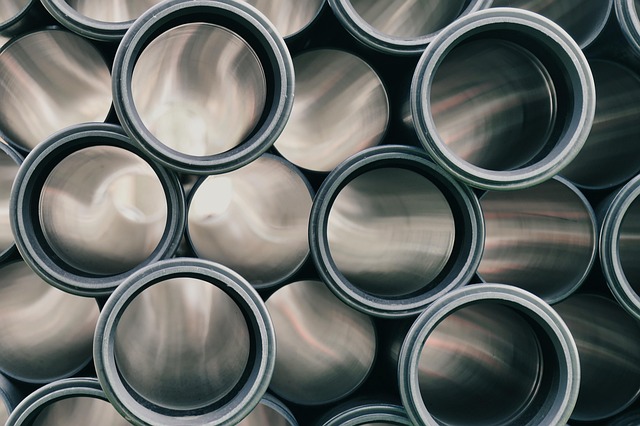Septic system failures are common but preventable through proper care and regular maintenance. Key practices include avoiding excessive water use, using eco-friendly products, scheduling professional servicing, and performing routine inspections. Regular pumping is vital to eliminate solid waste buildup, while responsible water usage maintains a healthy bacterial balance for effective waste decomposition. Promptly addressing issues through inspections and proactive maintenance prevents costly repairs and extends the lifespan of your septic system, ensuring optimal performance and efficiency.
“Unraveling the mysteries of septic system failures is essential for every homeowner. This comprehensive guide delves into the common causes behind these disruptions, offering insights that can prevent costly repairs and maintain a healthy environment. From understanding the intricate workings of your septic system to implementing effective preventive measures, you’ll discover practical tips for optimal maintenance. Learn when it’s time to call in the experts and explore the world of septic care, ensuring a seamless and sustainable solution.”
- Understanding Septic System Failures: Common Causes
- Preventive Measures for Effective Septic System Maintenance
- When to Call a Professional for Septic Repairs
Understanding Septic System Failures: Common Causes

Septic system failures are common issues that can arise from a variety of causes, many of which are preventable with proper care and regular maintenance. Understanding these potential problems is the first step in safeguarding your septic investment. The most frequent culprits include excessive water usage, which can overload the system and cause damage; foreign objects such as non-biodegradable materials, personal hygiene products, or even certain foods that should never be flushed down the drain; and tree roots that can intrude on and disrupt the septic tank’s structure over time.
Another significant factor is lack of maintenance. Septic systems require periodic pumping to remove solid waste accumulation, as well as regular inspections to identify potential issues early on. Neglecting these tasks can lead to costly repairs or even complete system failure. Implementing proper septic system maintenance practices, such as avoiding excessive water usage, using eco-friendly products, and scheduling professional servicing, can help extend the lifespan of your septic tank and prevent unexpected failures.
Preventive Measures for Effective Septic System Maintenance

Regular maintenance is key to ensuring your septic system’s longevity and optimal performance. One effective preventive measure is scheduling routine inspections, allowing professionals to identify potential issues early on. These inspections involve assessing tank levels, checking for leaks, and verifying the overall health of the system. Additionally, regular pumping is essential to remove solid waste buildup, which can lead to clogs and system damage over time.
Other preventive measures include responsible water usage and avoiding disposal of non-biodegradable materials into the septic system. Limiting the use of chemicals in your home, such as bleach and antibacterial products, can also help maintain a healthy bacterial balance within the tank, which is crucial for proper decomposition and treatment of waste.
When to Call a Professional for Septic Repairs

If you notice persistent clogs, unusual odours, or water pooling around your septic system, it’s time to call in a professional. While minor issues might be addressed with basic troubleshooting and maintenance, more complex problems often require expert intervention. Regular inspections by certified septic technicians are crucial for identifying early signs of failure.
Septic system failures can stem from various causes, including blocked pipes, damaged tank components, or improper system installation. Proactive maintenance includes regular pumping, filtering, and checking for leaks. By addressing potential issues promptly, homeowners can prevent costly repairs and ensure the longevity of their septic systems.
Septic system failures can be costly and inconvenient, but proactive maintenance and understanding common causes can prevent these issues. By implementing preventive measures like regular pumping, limiting toxic disposals, and monitoring water usage, homeowners can ensure their septic systems remain efficient. Regular inspections and timely repairs are also vital. Remember, proper septic system maintenance is an investment in your property’s longevity and environmental health. When in doubt, consult a professional for expert guidance on keeping your septic system in top shape.
